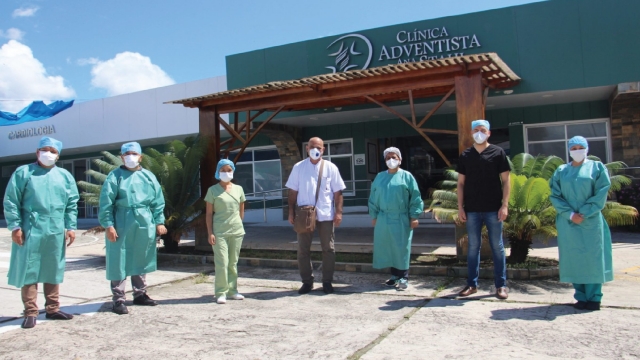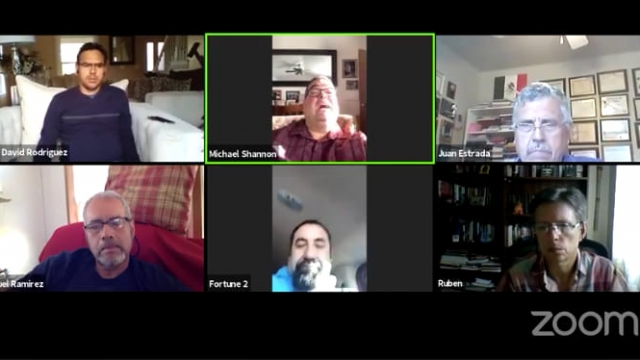Columbia, Maryland … One of our roles as pastors is to create a safe space for gatherings, writes Dave Gemmell, associate director of the North American Division’s Ministerial Association. He says, I’m not a germaphobe but with increasing concerns about the impact of COVID-19, I would like to propose seven ways to increase the safety of our congregations.
1) Find ways to greet other than a handshake. The tradition of standing at the door to greet everyone as they leave the church with a handshake could spread more than just love. As we shake each attendee’s hand, we circulate the germs from everyone in the congregation to everyone in the congregation. Instead, let’s think of creating ways to share the love without the bugs. There’s the fist bump, the forearm bump, the elbow bump, or the safest of all, the toe tap!
2) Wash our hands. Much of our time as pastors is spent mingling with people. We should be washing our hands for at least 20 seconds frequently.
3) Put up signs in the washroom that encourage people to wash.
4) Put up hand sanitizer dispensers at strategic places in the church. (60% alcohol is recommended).
5) Stay at home if we’re sick. I know we’re all a tough bunch, but we don’t need to be infecting everyone if we’ve got a serious bug. Let’s have a designated elder ready in case we have to call in sick at the last minute. And encourage members who are sick to enjoy the service virtually (see below).
6) Shorten our worship services. Dr. Peter Landless, General Conference health ministries director, believes that there is a correlation between the length of our meetings and the risk of infection. He suggests keeping our worship services to no more than an hour. This could be our once-in-a-lifetime opportunity to cut those pesky extraneous things we don’t like out of our worship services!
7) Make sure our streaming equipment is working. In the unlikely event that the government requires us to shut down our worship services, we can continue to worship together virtually.
It is our responsibility as pastors to ensure that our congregations are safe places. Our community needs to know we are doing everything possible to reduce the risk of infection. Those are my rants. For a real authority, please go to the Center for Disease Control and Prevention.
—Dave Gemmell, associate director, NAD Ministerial Association




